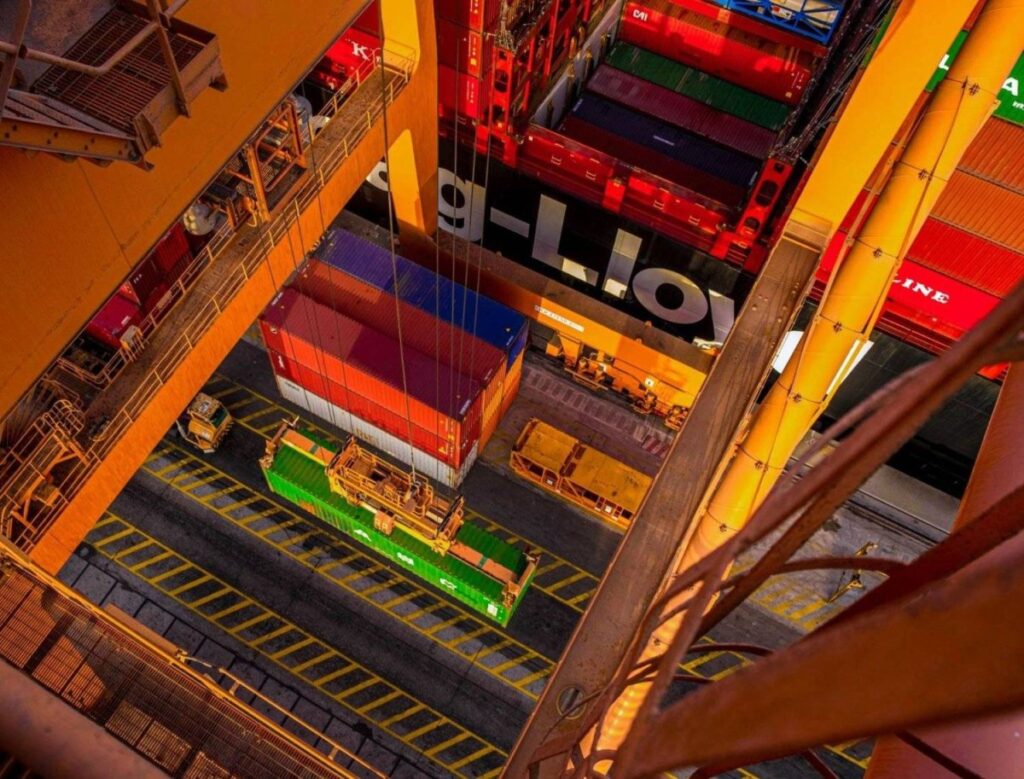Non-Oil Activities Propel Saudi Arabia’s Economic Diversification
Riyadh, July 18, 2024 – Saudi Arabia’s economy is experiencing a significant transformation, with non-oil activities now contributing 51% to the total real GDP. This figure is projected to rise to 65% by the end of the decade, reflecting the Kingdom’s efforts to diversify its income sources and enhance human capital development in line with Vision 2030.
Saudi Arabia is not only advancing in cleaner hydrocarbon energy production but is also emerging as a leader in renewable energy sectors, including green hydrogen, solar, and wind. A notable milestone is the establishment of the world’s largest green hydrogen production facility, secured with an $8.4 billion investment.
Faisal Al-Ibrahim, Saudi Minister of Economy and Planning, highlighted the sustained growth of non-oil activities since the launch of Vision 2030, which have now eclipsed the oil sector in terms of their contribution to the real GDP.
“We are on the brink of a new economic era that will witness transformative changes in the coming decades,” Al-Ibrahim stated, emphasizing the Kingdom’s achievements and its commitment to accelerating economic diversification and human capital enhancement.
Experts consulted by Asharq Al-Awsat foresee a rise in the non-oil sector’s participation to approximately 65% by 2030, significantly driven by private sector contributions. They underscored the economic evolution towards non-oil income sources, epitomized by investments in coastal infrastructure projects.
Dr. Abdullah Al-Jassar, a member of the Saudi Energy Economics Association, anticipates a significant increase in the non-oil sector’s contribution, bolstered by substantial private sector involvement. He noted that government investments in infrastructure and developmental projects, particularly from 2015 to 2020, played a pivotal role in this shift.
“Tourism is currently at the forefront of key sectors relied upon by the non-oil economy, growing at an average annual rate of 10% and contributing 10.4% to the GDP,” according to a Q1 2024 report from the Statistics Authority. Additional notable sectors include mining, manufacturing, and agriculture.
Al-Jassar also highlighted the potential expansion of sectors such as biotechnology, artificial intelligence, and the digital economy. He pointed out the importance of developing logistics services infrastructure to advance non-oil activity growth and ensure resilience against future economic challenges posed by fluctuations in oil prices.
Financial advisor Ahmed Al-Jubeir emphasized the Kingdom’s long-term strategy for non-oil economic growth under Vision 2030. This strategy aims to diversify revenue sources, improve societal welfare, and tackle inflation. Al-Jubeir also highlighted initiatives to improve citizens’ income by providing employment opportunities, addressing unemployment and housing issues, and increasing women’s participation in the workforce.
These efforts collectively aim to bolster Saudi Arabia’s economic stability and sustained prosperity.
Source: Asharq Al-Awsat
